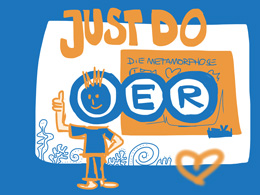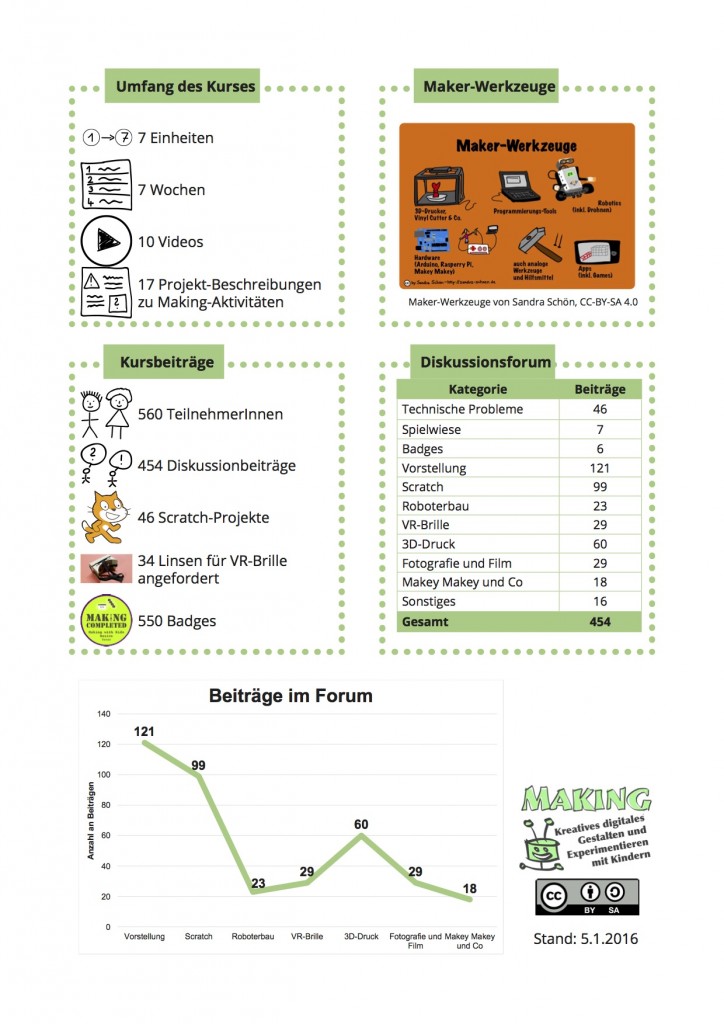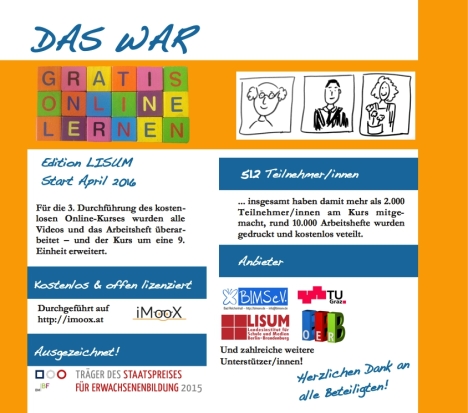Nach über einem Jahr Arbeit freut es mich, dass ich in meiner Rolle als Präsident des Vereins Forum Neue Medien in der Lehre Austria unsere Ist-Analyse über die österreichische Hochschul-E-Learning-Landschaft präsentieren kann. Besonderem Dank gilt dem Bundesministerium für Wissenschaft, Forschung und Wirtschaft sowie moodlerooms by Blackboard für deren Unterstützung und natürlich allen Mitmacherinnen und Mitmachern.
Zusammenfassung:
An den österreichischen Hochschulen kommen Bildungstechnologien seit nunmehr über einem Jahrzehnt zum Einsatz. Das Ausmaß und die mit dem Einsatz von E-Learning bzw. Blended Learning verbundenen Erfahrungen sind unterschiedlich ausgeprägt, jedoch allgemein von rasantem Wachstum gekennzeichnet. Eine möglichst vollständige Bestandserfassung der augenscheinlich heterogenen E-Learning-Landschaft des gesamten tertiären Bildungssektors hat hierzulande bislang noch nicht stattgefunden. Die Erfassung des Status quo hinsichtlich Strategie, Ressourcen, Organisation und Erfahrungen liefert eine Grundlage, die für bildungs- und wirtschaftspolitische Maßnahmen auf dem Gebiet der technologiegestützten Lehre für das gesamte Bildungswesen unerlässlich ist. Das Forum neue Medien in der Lehre Austria (fnm-a) ist als landesweites hochschulübergreifendes E-Learning-Netzwerk prädestiniert, eine Studie zur Sachverhaltsdarstellung durchzuführen.
[Full Book @ ResearchGate]
[Buy the Book]
Referenz: Bratengeyer, E., Steinbacher, P., Martina, F., Neuböck, K., Kopp, M., Gröblinger, O., & Ebner, M. (2016). Die österreichische Hochschul-E-Learning-Landschaft. Book on Demand




